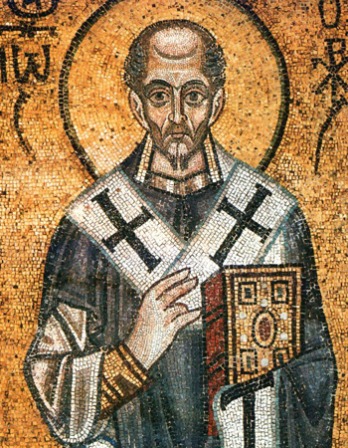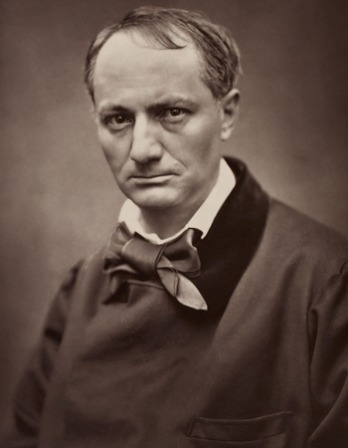I will say it boldly: though God can do all things, he cannot raise a virgin up after she has fallen. He is able to free one who has been corrupted from the penalty of her sin, but he refuses her the crown. Let us be fearful lest in our case also the prophecy “Good virgins shall faint” be fulfilled. Note that it is of good virgins he speaks, for there are bad ones as well. The scripture says, “Everyone who looks at a woman with lust has already committed adultery with her in his heart.” Virginity therefore can be lost even by a thought. Those are the evil virgins, virgins in the flesh but not in the spirit—foolish virgins, who, having no oil in their lamps, are shut out by the Bridegroom.
But if even those virgins are virgins, and yet are not saved by their bodily virginity when they have other faults, what shall be done to those who have prostituted the members of Christ and changed the temple of the Holy Spirit into a brothel? Straightaway they shall hear the words, “Come down and sit in the dust, O virgin daughter of Babylon; sit in the dust, for there is no throne for the daughter of the Chaldeans; no more shall you be called tender and delicate. Take the millstone and grind meal; uncover your locks, make bare your legs, pass over the rivers; your nakedness shall be uncovered, and your shame shall be seen.” Now she shall be made naked and her skirts shall be placed upon her face. She shall sit by the waters of loneliness and lay down her pitcher and shall open her feet to everyone that passes by and shall be polluted to the crown of her head. Better had it been for her to have submitted to marriage with a man and to have walked on the plain, rather than to strain for the heights and fall into the depths of hell.
Let not the faithful city of Zion become a harlot, I pray you; let not demons dance and sirens and satyrs nest in the place that once sheltered the Trinity. Loose not the belt that confines the bosom. As soon as lust begins to tickle the senses and the soft fires of pleasure envelop us with their delightful warmth, let us break forth and cry, “The lord is on my side: I will not fear what the flesh can do to me.” When for a moment the inner man shows signs of wavering between vice and virtue, say, “Why are you cast down, O my soul, and why are you disquieted within me? Hope in God, for I shall yet praise Him who is the health of my countenance and my God.” I would not have you allow any such thoughts to rise. Let nothing disorderly, nothing that is of Babylon find shelter in your breast. Slay the enemy while he is small—nip evil in the bud. Hearken to the words of the psalmist: “Hapless daughter of Babylon, happy shall he be who rewards you as you have served us. Happy shall he be who takes and dashes your little ones against the stones.” It is impossible that the body’s natural heat should not sometimes assail a man and kindle sensual desire, but he is praised and accounted blessed, who, when thoughts begin to rise, gives them no quarter, but dashes them straightway against the rock. “And the rock is Christ.”
From a letter to Eustochium. In 375 Jerome dreamed he was brought before a tribunal of the Lord and judged to be a Ciceronian, not a Christian; he vowed never again to read pagan literature. After living for a time in the Syrian desert as a hermit, he served as a secretary to Pope Damasus, who commissioned him to produce a Latin version of the Bible. Saint Jerome completed the Vulgate around 405.
Back to Issue





